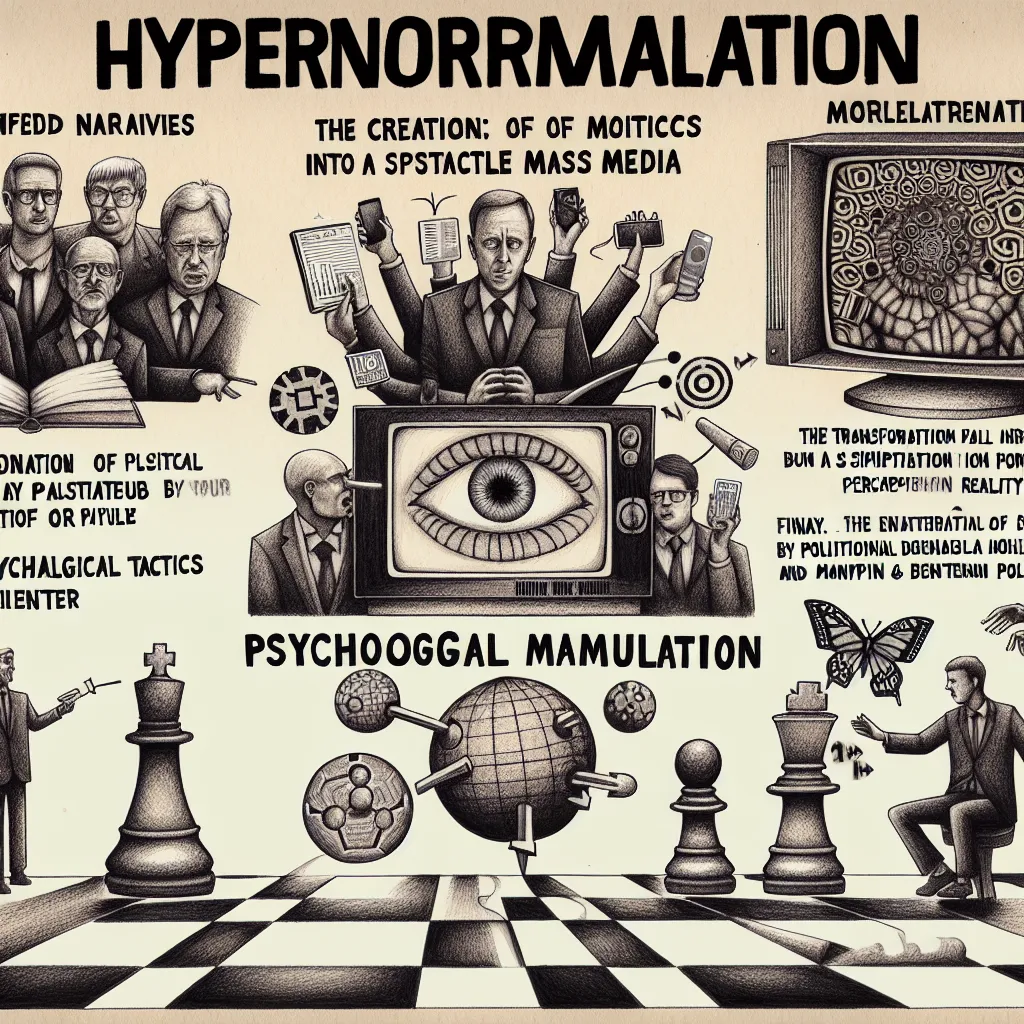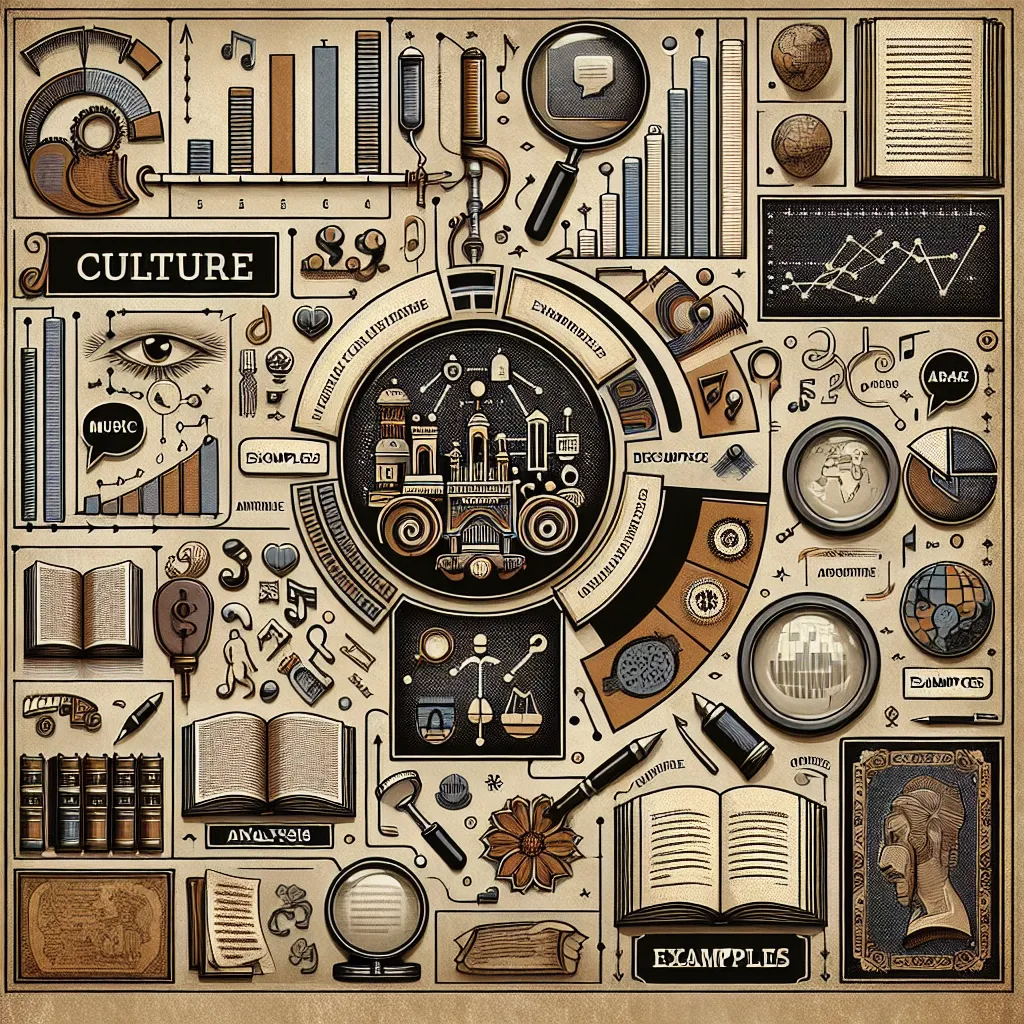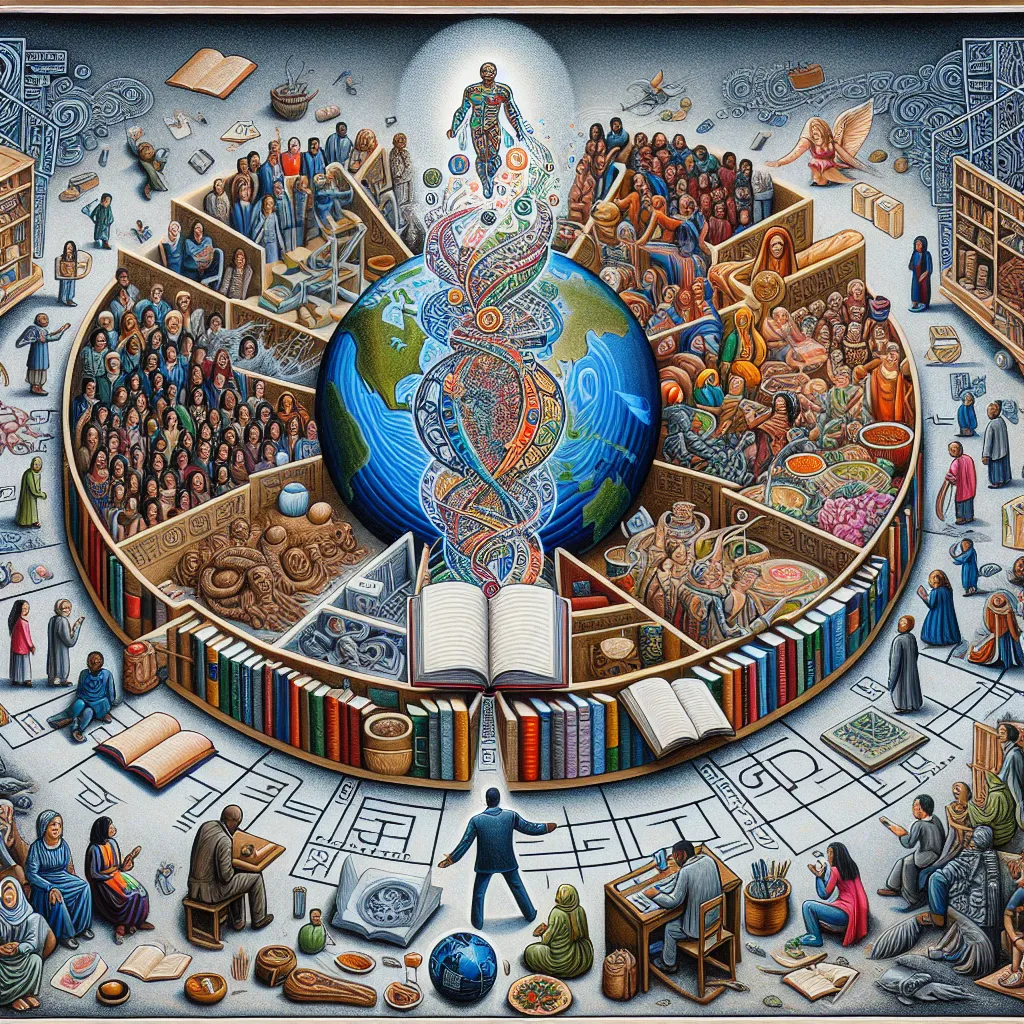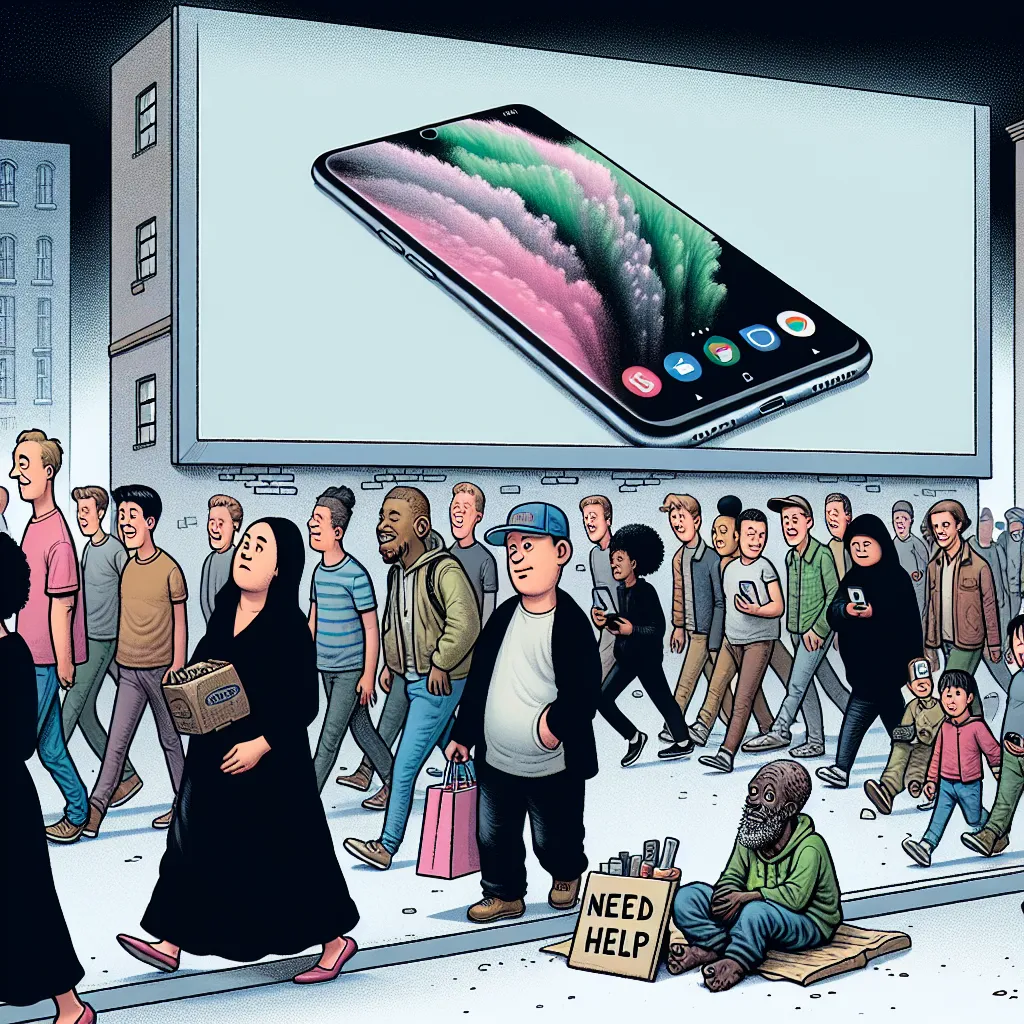Ask AI on The Internet
Question: What is the film “HyperNormalization” by Adam Curtis about? Please provide a thorough synopsis, along with any relevant cultural discourse related to the documentary or the concepts discussed within it.
“HyperNormalization” is a 2016 documentary film by British filmmaker Adam Curtis. The film explores the ways in which various political, financial, and technological systems have deliberately shifted and manipulated the perception of reality among the public, creating a "fake world" that individuals are forced to navigate. Here's a detailed synopsis of the film along with some relevant cultural discourse: ### Synopsis: **Setting the Context:** The film begins with a backdrop of the declining influence of political powerhouses in the 1970s. It juxtaposes the collapse of the Soviet Union and the uncertainties in Western democracies. Curtis uses pivotal historical events to show how political leaders abandoned attempts to understand or manage complexities, adopting simpler, more manageable narratives instead. **The Concept of HyperNormalisation:** The term “HyperNormalization” is coined to describe the process by which the complexities of the world are simplified into an artificial version of reality. This concept is illustrated through various instances and historical events: - **Financial Deregulation:** The documentary delves into how the financial deregulation in the 1980s, particularly during the Reagan and Thatcher administrations, led to an explosion of unpredictable financial markets that political powers could no longer control. Instead, the public was led to focus on simplified narratives, distracted from deeper systemic issues. - **Artificial Realities and the Media:** The film examines how media and digital technologies began to shape the public’s perception of reality. It looks at the invention of fake news and the rise of the internet, arguing that these developments have created feedback loops where people are presented with versions of reality that reinforce their existing beliefs, further distorting their understanding of actual events. - **Middle Eastern Politics:** Curtis also explores the West's involvement in the Middle East, particularly focusing on Libya’s Muammar Gaddafi and Syria’s Hafez al-Assad, showing how Western actions and alliances have often created simplistic, black-and-white narratives that obscure the region's complex realities. - **Cultural Manipulation:** The film discusses how cultural products, including movies, news, and even social media, contribute to the creation and reinforcement of these simplistic narratives. It suggests that modern culture often reflects and perpetuates these hyper-normalized versions of reality. **Conclusion:** Curtis concludes that we are living in an increasingly unstable world, where traditional narratives and control mechanisms are breaking down. The documentary challenges viewers to recognize the extent to which their understanding of the world is manipulated and to seek deeper, more complex understandings of the realities that shape their lives. ### Cultural Discourse: **Critical Reception:** - The film received mixed reviews. Critics praised Curtis for his ambitious approach and his ability to link seemingly disparate events and concepts into a coherent narrative. However, some criticized the film for its heavy reliance on Curtis’s subjective interpretation of history and its often conspiratorial tone. - Curtis’s distinctive style, involving a mix of archival footage, haunting music, and a confounding timeline, strikes many as both enthralling and overwhelming, adding to the polarizing nature of the documentary. **Relevance in Contemporary Discourse:** - In today’s context, the film’s exploration of "fake news" and media manipulation is particularly timely, especially considering recent political events such as Brexit and the US presidential elections, which have seen widespread accusations of disinformation and media bias. - The film’s discussion on the impacts of technological advancement and social media on reality perception is echoed in ongoing cultural conversations about the role of big tech in society and the regulation of digital spaces. - The critique of neoliberal economic policies suggests a broader questioning of global financial systems, resonating with contemporary movements addressing economic inequality and advocating for systemic change. In summary, “HyperNormalization” is a thought-provoking examination of the illusions created by political, financial, and media systems to simplify and control public perception. Whether one agrees with Curtis’s interpretations or not, the film encourages a critical examination of the realities presented to us and invites viewers to question the deeper complexities of the world they inhabit.
Think your answer is better than the AI's? Post it below.
Other Most Relevant Posts:
 Ask AI: Explain some lessons in media and globalization and how it affect each other in the course contemporary world
Ask AI: Explain some lessons in media and globalization and how it affect each other in the course contemporary world
 Ask AI: Critically discuss "current" Debates about History as a subject 1000 word with citations and references the debates must be current
Ask AI: Critically discuss "current" Debates about History as a subject 1000 word with citations and references the debates must be current
Question Tags
If you want your question answered by an AI, click here.





Post your own comment: